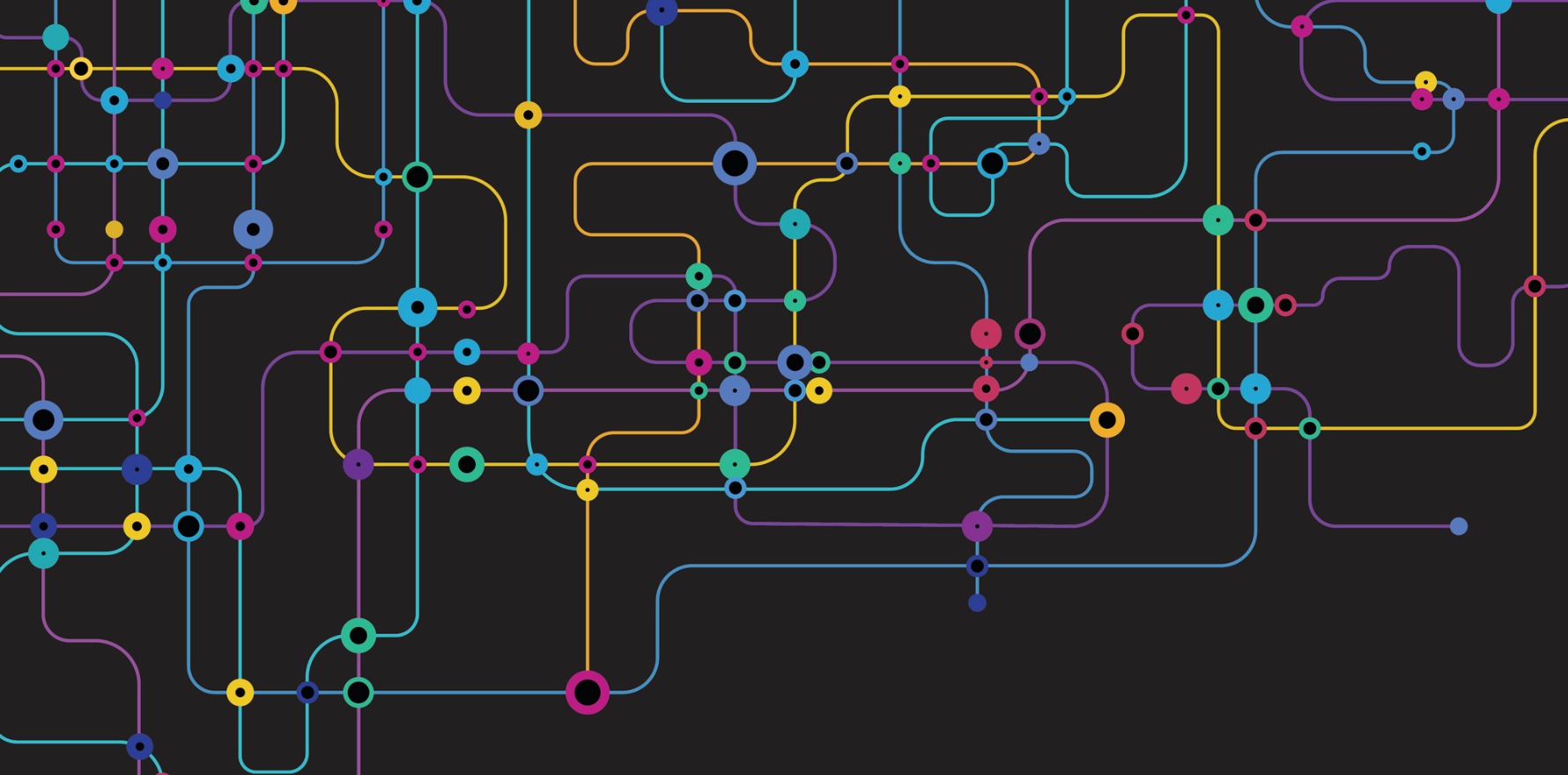Australians should have access to the best research and treatment, wherever they are.
Cancer is difficult enough without having to navigate a system full of siloes, cracks and blind spots.
Launching the Australian Comprehensive Cancer Network in Sydney this month, federal Health Minister Mark Butler said Australia’s health system was “not a well-connected system”.
The network aims to bring together cancer resources and data from around the country to ensure everyone shares in what he described as “not just among the best [outcomes] in the world but the best in the world”.
Currently “not everyone gets access to that best”, he said.
“We should be able to deliver that in a country as wealthy [as us], with a healthcare system as good as ours, with a medical workforce as talented and as well trained as ours. Every cancer patient should have access to that gold standard. And what that requires is better networking,” he told the room full of cancer clinicians, administrators and survivors and those watching virtually from around the country.
The ACCN portal is now open for any Australian cancer organisation, public or private, to join, with a consumer portal to be added.
The network will be self-governed, with comprehensive cancer centres and centres of excellence acting as anchors.
No accreditation is needed to join, as that is “not the Australian way”, said Cancer Australia CEO Professor Dorothy Keefe.
“We really do want everyone to be involved … we want everyone to link together and collaborate. It’s not about competing. It’s like a giant community of practice where everyone holds everyone else to account,” she said.
The network was meant to be open within two years but has taken just six months.
“The vision of the 10-year Cancer Plan is that Australia will have a fully integrated and inclusive network of comprehensive cancer care across the nation, in which every patient, wherever they may be, is linked to the best evidence-driven prevention, research, diagnostics, treatment and support, for whichever cancer they have, as close to home as safely possible, so that their cancer is found early, they receive the best possible cancer treatment, and they feel cared for,” Professor Keefe reminded those gathered.
But she said if that equity was not achieved, particularly for First Nations peoples who have higher incidence and mortality from cancer, then the Cancer Plan was “a waste of time”.
Data sharing was a central focus of the network, and something which Australian cancer clinicians were grappling with in an exemplary way, Mr Butler said.
“One of the things that really struck me as I came back into the healthcare portfolio was just how poorly a sector populated by the smartest people in the country that spends many, many hundreds of billions of dollars over a period of time, how poorly it performs on digital health, particularly interoperability,” he said.
“Some things have got better, some things have got worse, and many things, frustratingly, haven’t shifted at all.
“We as the Commonwealth need to take first responsibility for that.
“My Health Record was cutting-edge technology when we introduced it in 2012. It’s pretty ordinary technology now.
“There’s more of an appetite for those connections now, but still they don’t exist and they’re leading to much poorer outcomes, a lot of inefficiencies, a lot of testing and other things that people shouldn’t have to go through time and time again just because we don’t have the basic digital interoperability that every other significant sector of the economy has.
“Those connections just aren’t as good as they should be, and digital health is just one example.”
The event showcased examples of existing cancer alliances around the country, which all worked towards better data collection, sharing, and use, patient navigation, culturally safe care, nationwide access to highly specialised care, benchmarking, evaluation, clinical trials and optimal care pathways.
“What’s been clear is the Australian Comprehensive Cancer Network appears to be, in the words of Tolkien, the one ring that binds them all. It is the thing that holds the whole implementation of the Australian Cancer Plan together,” Professor Keefe said.
“If we took each of the initiatives that was discussed today … and made them all national, what a fabulous system we would have. That’s the vision of the Australian Cancer Plan. That’s what the Australian Cancer Network is about.”


